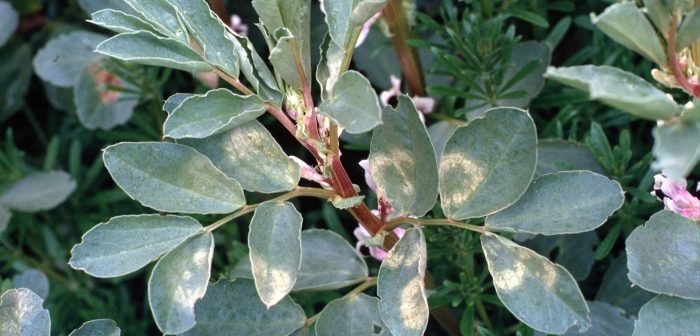The choice of improved spring bean varieties available to growers this year is a reflection of the renewed interest in pulses which has driven significant breeding investment in the yield and the agronomy of the crop.
“We have seen a strong demand for spring beans this year as growers realise the benefits of the pulse crop – and of taking advantage of new genetics from the latest varieties,” says Theo Labuda, Managing Director of LS Plant Breeders Ltd (LSPB). “Growers are now getting under way with drilling their spring beans, and there is still plenty of seed available of the latest varieties.
“We are pleased that our investment in the pulse crop has given us the top varieties on the PGRO 2017 Recommended List. Vertigo, Fanfare and the newly-Recommended Lynx all yield 4-6% over varieties such as Fuego which was first listed twelve years ago, and was then a major leap forward in yield over the older generation of beans.
“In parallel with yield increases, we are working on improved disease resistance – and Lynx is a good example – as its high yield is matched by an increased level of resistance for Downy mildew. The disease is prevalent on spring beans, where it can cause greyish-brown, felty growth on the undersurface of the leaves.”
Jane Thomas, Head of Disease Resistance and Diagnostics at NIAB, comments that: “Downy mildew can be widespread on spring beans. It has been recorded wherever the crop is grown in the UK and is favoured by relatively cool humid weather. Downy mildew is usually seen to some degree every year. It can increase rapidly and cause losses of around 1 t/ha if left uncontrolled. Spring bean varieties differ in resistance to the disease, though none offer complete resistance. On the current RL, Lynx has the highest resistance ranking of 7 on a 1-9 scale.”
Theo Labuda of LSPB adds that the downy mildew is just one example of the way breeders are working to improve pulse varieties: “Further improvements in characters such as disease resistance are in the pipeline – in addition, we already have varieties in trials that improve the nutritional profile to extend the end markets for beans produced by UK growers.”




